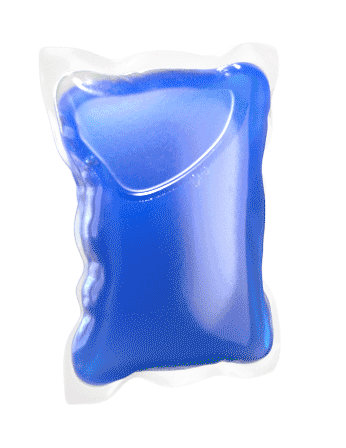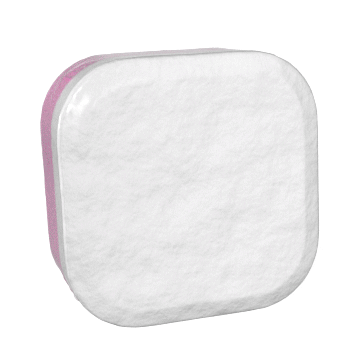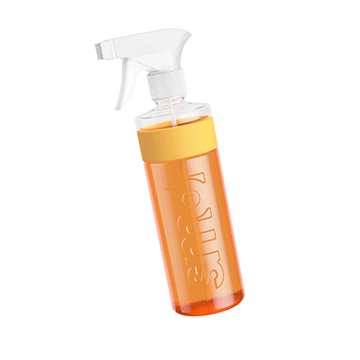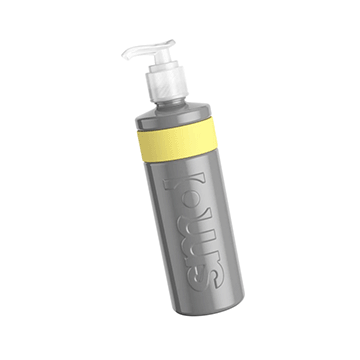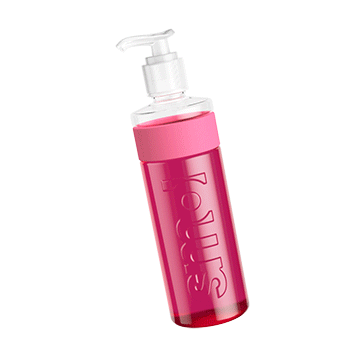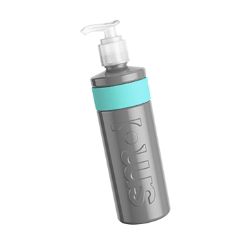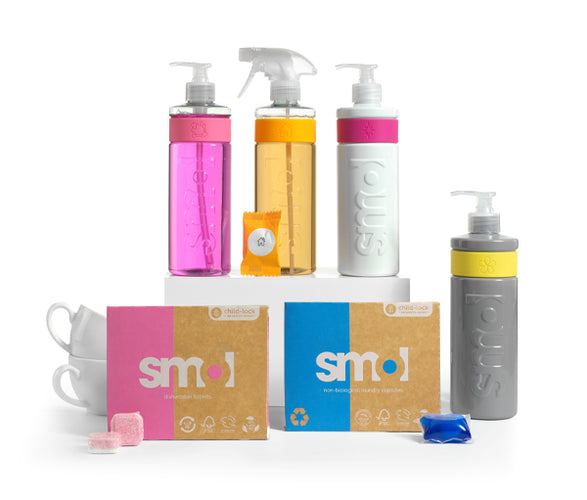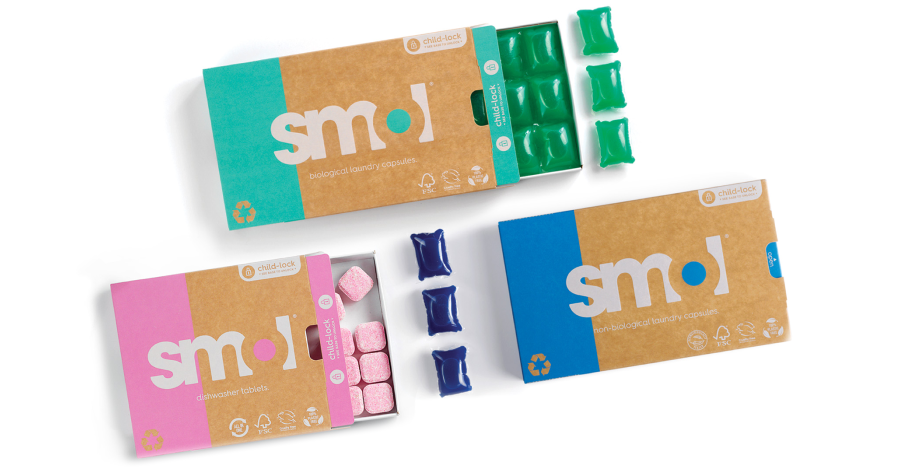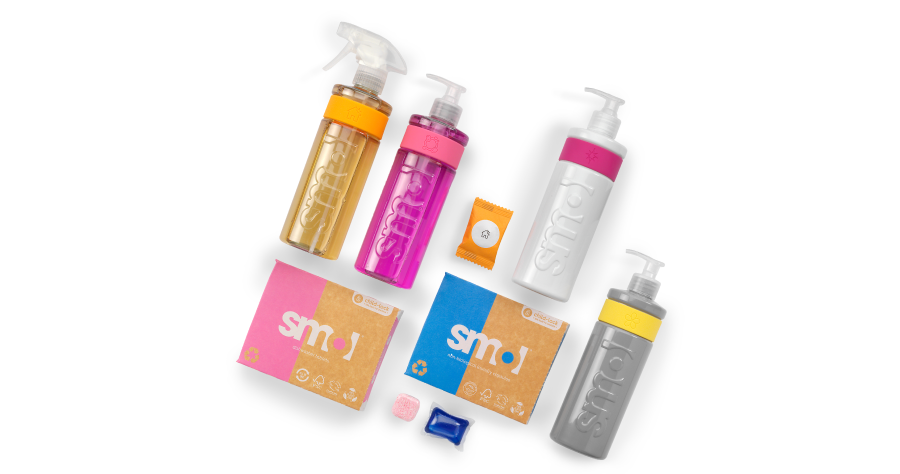
Allergy is the most common chronic disease in Europe.
The European Academy of Allergy and Clinical Immunology (EAACI)
An allergy is our immune system’s response to substances that are normally harmless, like pollens, foods, and house dust mites.
When we have an allergy to these substances, our immune system identifies them as a ‘threat’ and produces a reaction. This can range from slight itching all the way to anaphylaxis (where our upper airways swell and close).
And, it seems allergies are very common.
They’re thought to affect more than 1 in 4 people in the UK at some point in their lives and in recent years there has been a huge increase in people suffering. Currently about 1 in 3 of us are impacted in some way with a sensitivity or risk of allergic reaction.
allergies are growing
The percentage of the UK population who deal with hay fever, asthma and eczema has trebled over 30 years. We have some of the highest rates in the world.
so, why are the rates climbing?
There are many theories as to why allergies are on the rise and scientists are finding it hard to settle on just one. But the leading ideas include:
hygiene hypothesis
Modern living conditions might just be too clean. A lack of exposure to dirt stops our immune system developing well. Children have higher rates of hay fever, asthma, and other allergies when they live in very clean environments.
antibiotics
Increased use of antibiotics has mirrored the rise in allergies. It is suggested that antibiotics change the bacterial balance in our body, which impacts the development of diseases like asthma.
diet during pregnancy
A mother’s diet may impact their child’s likelihood to develop an allergy. One study found when pregnant mothers took fish oil and then breastfed their babies once born; their children were 22% less likely to develop eczema.
obesity
Many experts believe that diet and activity changes have led to rising rates of allergy. Increased obesity is thought to contribute towards the increase in asthma.
vitamin D deficiency
Vitamin D is necessary for lung and immune system development. Because we are spending more time indoors than in the past, our exposure to sunlight has reduced. This results in reduced vitamin D deficiency which some believe can increase asthma rates..
poor air quality
Two-thirds of people in the UK state that poor air quality worsens their asthma, and children living in polluted areas have a higher chance of developing asthma.
common allergens
Unfortunately, the most common causes of allergic reactions are normal everyday items that can be hard to avoid:
- Tree and grass pollen
- Proteins made by dust mites
- Mould
- Peanuts, tree nuts, milk and eggs
- Pets
- Wasps and bees
- Medicines
And yes, you can also have sensitivities to some of the ingredients found in everyday cleaning products.
How to manage your allergies when cleaning.
If you’re struggling with sensitivities and allergic reactions it can take time to work out your individual triggers. And if it’s something in your environment you might want to take steps to protect yourself against allergens when you clean your house.
Luckily smol products contain few common allergens and a list can be found below but we also have our wonderful fragrance-free non-bio laundry capsules that are incredibly popular amongst those with sensitivity to perfume.

The allergens above are agreed on by the scientific community as posing a risk and therefore required to be labeled if included above concentrations >0.1%, or >0.01% if a severe allergen.
top tips for cleaning with allergies
When you are living with allergies it’s important to seek medical advice on how to best manage your condition but some sensible precautions to take when you are doing housework include:
-
Wearing rubber gloves when handling cleaning products.
-
Covering your nose/mouth with a mask.
-
Ventilating the room by opening windows.
And as always, check the ingredients lists for your known triggers. We’re always here to answer your questions via help@smolproducts.com if you have specific allergens you are looking to avoid and if you’re looking for a respected UK source of allergy information a good place to start is allergyuk.org.
FRAGRANCE-FREE FREE TRIALSources: cleanipedia, AAAAI 2023, NARF 2023, allergy clinic london 2018.
